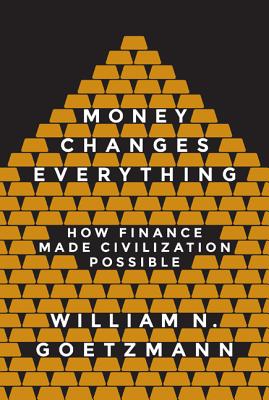Expedite your nonfiction book discovery process with Readara interviews, summaries and recommendations, Broaden your knowledge and gain insights from leading experts and scholars
In-depth, hour-long interviews with notable nonfiction authors, Gain new perspectives and ideas from the writer’s expertise and research, Valuable resource for readers and researchers
Optimize your book discovery process, Four-to eight-page summaries prepared by subject matter experts, Quickly review the book’s central messages and range of content
Books are handpicked covering a wide range of important categories and topics, Selected authors are subject experts, field professionals, or distinguished academics
Our editorial team includes books offering insights, unique views and researched-narratives in categories, Trade shows and book fairs, Book signings and in person author talks,Webinars and online events
Connect with editors and designers,Discover PR & marketing services providers, Source printers and related service providers

Money Changes Everything: How Finance Made Civilization Possible
Business & Economics > Economic History
- Princeton University Press
- Paperback
- 9780691178370
- 8 X 5.2 X 1.8 inches
- 1.2 pounds
- Business & Economics > Economic History
- (Single Author) Asian American
- English
Readara.com
Book Description
[A] magnificent history of money and finance.--New York Times Book Review
Convincingly makes the case that finance is a change-maker of change-makers.--Financial Times
In the aftermath of recent financial crises, it's easy to see finance as a wrecking ball: something that destroys fortunes and jobs, and undermines governments and banks. In Money Changes Everything, leading financial historian William Goetzmann argues the exact opposite--that the development of finance has made the growth of civilizations possible. Goetzmann explains that finance is a time machine, a technology that allows us to move value forward and backward through time; and that this innovation has changed the very way we think about and plan for the future. He shows how finance was present at key moments in history: driving the invention of writing in ancient Mesopotamia, spurring the classical civilizations of Greece and Rome to become great empires, determining the rise and fall of dynasties in imperial China, and underwriting the trade expeditions that led Europeans to the New World. He also demonstrates how the apparatus we associate with a modern economy--stock markets, lines of credit, complex financial products, and international trade--were repeatedly developed, forgotten, and reinvented over the course of human history.
Exploring the critical role of finance over the millennia, and around the world, Goetzmann details how wondrous financial technologies and institutions--money, bonds, banks, corporations, and more--have helped urban centers to expand and cultures to flourish. And it's not done reshaping our lives, as Goetzmann considers the challenges we face in the future, such as how to use the power of finance to care for an aging and expanding population.
Money Changes Everything presents a fascinating look into the way that finance has steered the course of history.
Author Bio
William N. Goetzmann is the Edwin J. Beinecke Professor of Finance and Management Studies and Faculty Director of the International Center for Finance at the Yale School of Management. He is an expert on a diverse range of investments. His past work includes studies of stock market predictability, hedge funds and survival biases in performance measurement. His current research focuses on alternative investing, factor investing, behavioral finance and the art market.
Professor Goetzmann has written and co-authored a number of books, including Modern Portfolio Theory and Investment Analysis (Wiley, 2014), The Origins of Value: The Financial Innovations that Created Modern Capital Markets (Oxford, 2005), The Great Mirror of Folly: Finance, Culture and the Crash of 1720 (Yale, 2013) and most recently, Money Changes Everything: How Finance Made Civilization Possible (Princeton, 2016). He teaches portfolio management, alternative investments, real estate and financial history at the Yale School of Management.
Research Interests
- Behavioral Finance
- Financial Crises
- Financial Markets
- Hedge Funds
- Mutual Funds
- Private Equity
- Real Estate/Housing Markets
Source: Yale University
Videos
No Videos
Community reviews
No Community reviews

